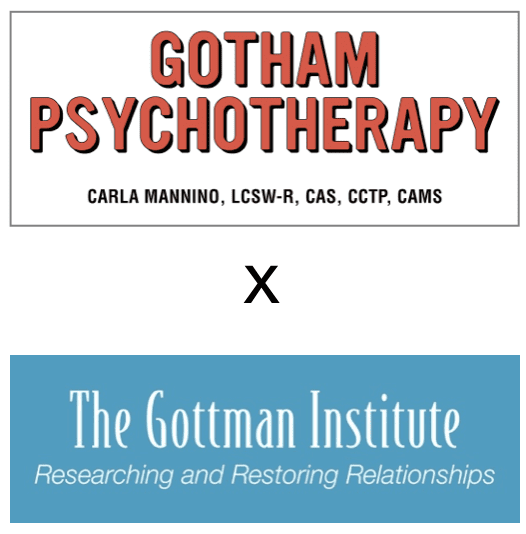The goals of the Gottman Method are to disarm conflicting verbal communication; increase intimacy, respect, and affection; remove barriers that create a feeling of stagnancy in conflicting situations; and create a heightened sense of empathy and understanding within the context of the relationship.
Drs. John and Julie Gottman developed nine components of healthy relationships known as The Sound Relationship House Theory:
Build Love Maps
How well do you know your partner’s inner psychological world, his or her history, worries, stresses, joys, and hopes?
Share Fondness and Admiration
The antidote for contempt, this level focuses on the amount of affection and respect within a relationship. (To strengthen fondness and admiration, express appreciation and respect.)
Turn Towards Instead of Away
State your needs, be aware of bids for connection and respond to (turn towards) them. The small moments of everyday life are actually the building blocks of relationship.
The Positive Perspective
The presence of a positive approach to problem-solving and the success of repair attempts.
Manage Conflict
We say “manage” conflict rather than “resolve” conflict, because relationship conflict is natural and has functional, positive aspects. Understand that there is a critical difference in handling perpetual problems and solvable problems.
Make Life Dreams Come True
Create an atmosphere that encourages each person to talk honestly about his or her hopes, values, convictions and aspirations.
Create Shared Meaning
Understand important visions, narratives, myths, and metaphors about your relationship.
Trust
This is the state that occurs when a person knows that his or her partner acts and thinks to maximize that person’s best interests and benefits, not just the partner’s own interests and benefits. In other words, this means, “my partner has my back and is there for me.”
Commitment
This means believing (and acting on the belief) that your relationship with this person is completely your lifelong journey, for better or for worse (meaning that if it gets worse you will both work to improve it). It implies cherishing your partner’s positive qualities and nurturing gratitude by comparing the partner favorably with real or imagined others, rather than trashing the partner by magnifying negative qualities, and nurturing resentment by comparing unfavorably with real or imagined others.


